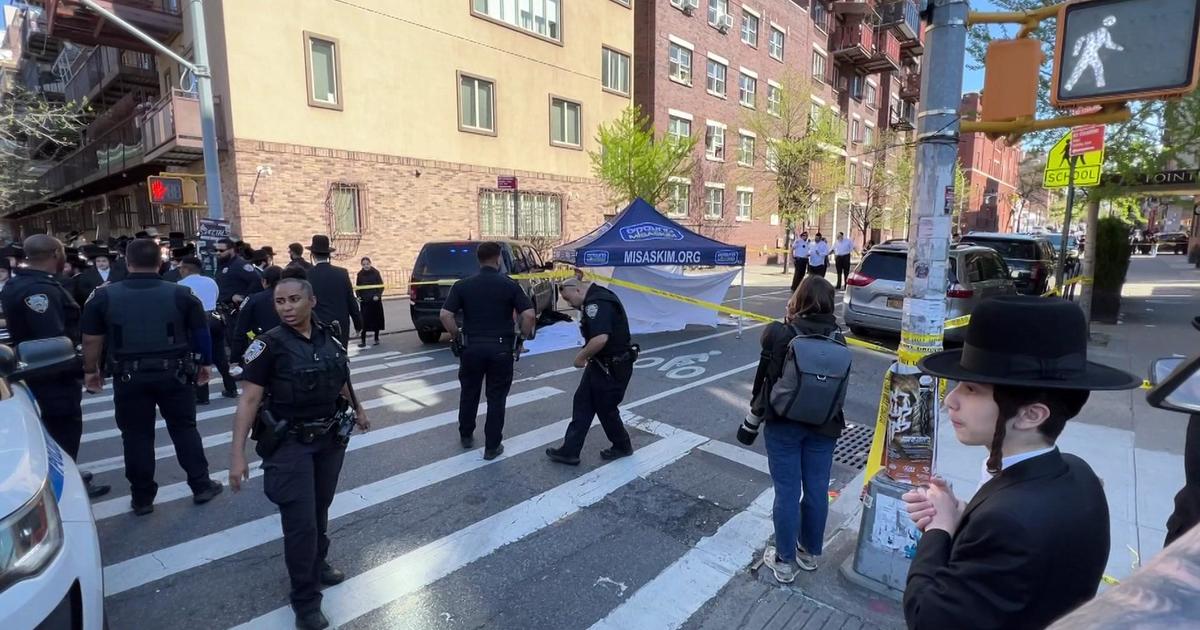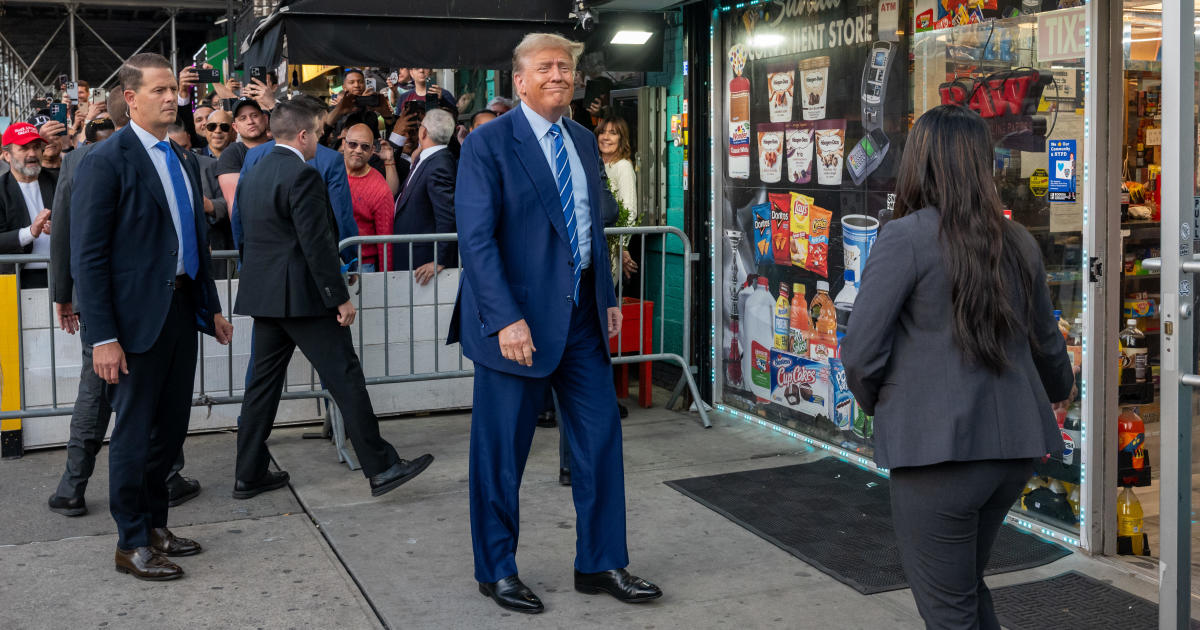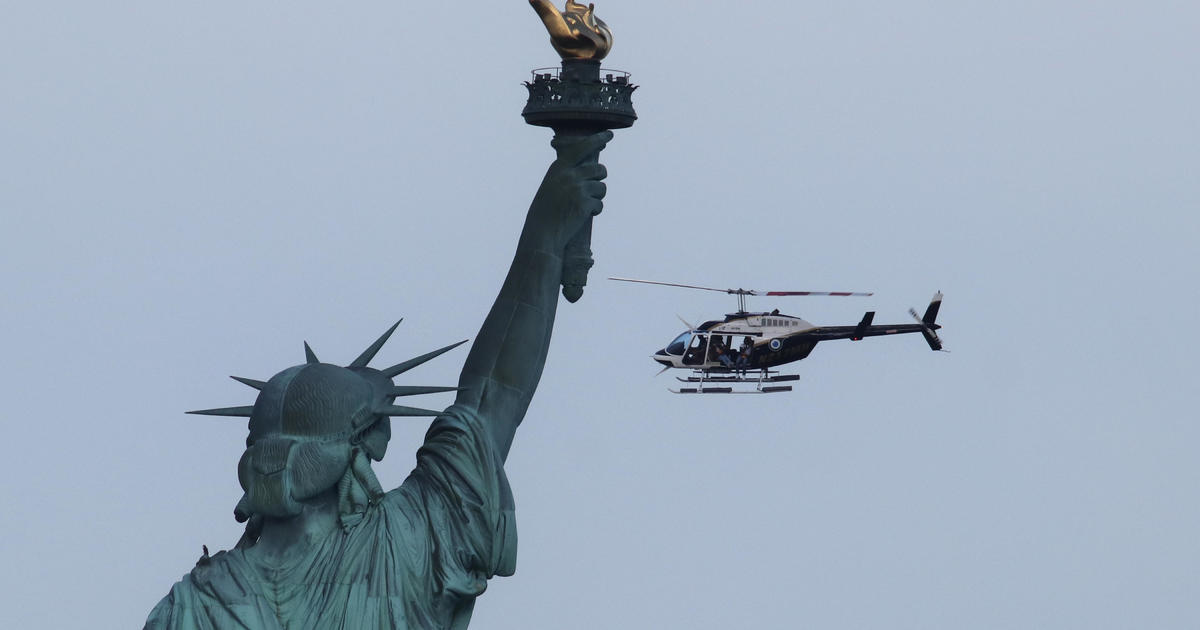Privatizing FAA Would Mean Higher Costs For Consumers, Schumer Says
NEW YORK (CBSNewYork/AP) -- Claiming it will mean higher costs for already overcharged flyers, Senate Minority Leader Charles Schumer (D-N.Y.) came out Sunday against President Donald Trump's plan to privatize the air traffic control system.
As WCBS 880's Mike Smeltz reported, Trump's plan calls for taking air traffic control -- currently under the Federal Aviation Administration -- and privatizing it. The president said that move would lower costs for flyers, with the FAA spending about $10 billion a year on the ATC.
That money that now comes from passenger user fees.
But Schumer said if the airlines get control of the ATC, they will treat it like they do everything else -- as a way to make even more money off of flyers.
"And they'll charge you for more and more fees, because the more power the airline companies have, the worse it is for middle class consumers," Schumer said.
Schumer also warned about an increased security risk to privatizing the air traffic control, moving it away from complete governmental oversight and accountability.
There are about 50,000 airline and other aircraft flights a day in the United States. Both sides of the privatization debate say the system is one of the most complex and safest in the world. The FAA would continue to provide safety oversight of the system under a congressional privatization plan.
U.S. airlines have been campaigning for more than two decades to separate air traffic control operations from the FAA. That effort picked up steam last year when the union that represents air traffic controllers agreed to support a proposal by House Transportation and Infrastructure Committee Chairman Bill Shuster (R-Pa.) to spin off air traffic operations into a private, nonprofit corporation in exchange for guarantees that controllers would retain their benefits, salaries and union representation.
White House officials said the new entity would be overseen by a 13-member board that will include members from the airline industry, unions, general aviation, airports and other stakeholders.
Airlines have been lobbying vigorously for the change, saying the FAA's NextGen program to modernize the air traffic system is taking too long and has produced too few benefits. The changes would involve moving from the current system based on radar and voice communications to one based on satellite navigation and digital communications.
Airlines and the controllers union say that the FAA's effort to modernize the air traffic system has been slowed down by the agency's dependence on inconsistent funding from Congress and occasional government shutdowns and controller furloughs. As a result, the FAA has had difficulty making long-term commitments with contractors.
Union officials have complained that the FAA has been unable to resolve chronic controller understaffing at some of the nation's busiest facilities and pointed to the modernization effort's slow progress.
But FAA Administrator Michael Huerta has said the agency has made progress during the past decade in updating its computers and other equipment in order to move from a radar-based to a satellite-based control system.
(© Copyright 2017 CBS Broadcasting Inc. All Rights Reserved. The Associated Press contributed to this report.)



